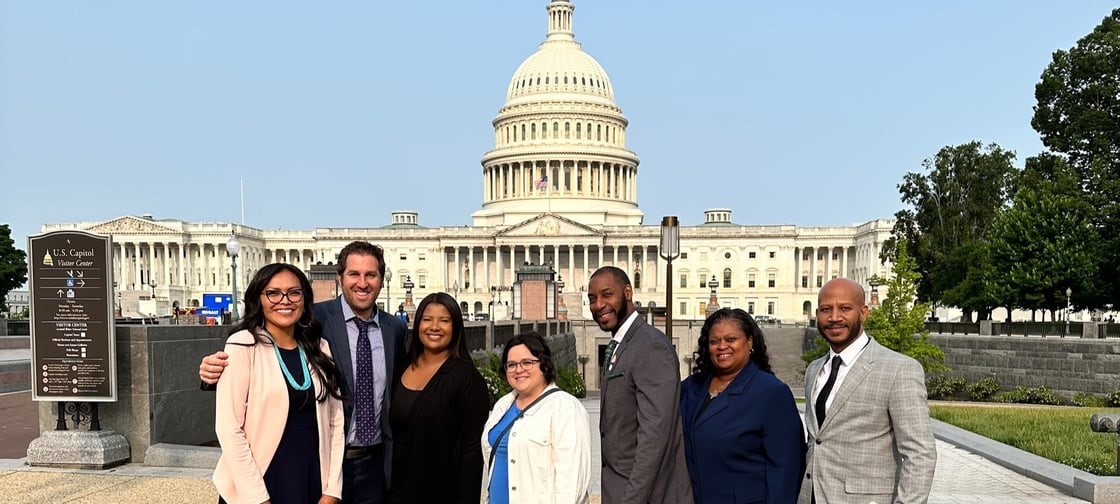In a newly released report, Reinvigorating the Pipeline: Insights into Proposed and Approved Charter Schools, the National Association of Charter School Authorizers (NACSA) provides key insights into the charter school pipeline by examining both approved and proposed charter school applications—a first of its kind. The authorization process is a fundamental component of creating and maintaining a strong charter school sector – a sector that NACSA President and CEO Greg Richmond highlights in the foreword as “…the most successful and sustained education improvement strategy of the past quarter century…especially [for] low-income and students of color”. But without careful examination of the charter school pipeline, especially over time and geography, we miss a tremendous amount of information about the opportunities we are providing for our students.
In addition to determining the number of charter schools available for students and their families, authorizer’s decisions have implications for school quality, such as who runs schools and what types of schools they run. But these factors are also determined by the schools being proposed and, until now, we’ve had a limited understanding of this part of the authorization process. The interplay between the proposal and approval processes is important because the approval process itself may influence the types of schools being proposed. If authorizers approve certain types of schools at a higher rate, then there could be a narrowing of proposed school types. This is certainly a concern since one of the core justifications for the charter sector is creating diverse schooling options. However, NASCA’s report suggests that even though approval rates vary by type, there is a significant amount of diversity in the types of schools being proposed.
Relatedly, an interesting dynamic highlighted by the report is the relationship between application proposals and approvals by operator type. Although freestanding school proposals represent over half of all applications, they make up less than forty percent of all approved applications. Though descriptive, the data provide a compelling case for how authorizers may balance the desire to support innovation by approving freestanding schools while at the same time minimizing risk by approving known operators.
Another important finding of the report is that the pipeline varies across states. The report shows differences in the types of schools being proposed and approved as well as the operator types. As the report suggests, the task now is to understand why that is. Is it being driven by parental demand and/or are across state differences in policies affecting the pipeline?
One of the most important advantages of the charter sector is the ability and willingness to respond to the communities they serve to establish and maintain the schools that they want. But without the ability to establish a direct link between what parents demand and what schools are being offered it is hard to say for certain the degree to which this occurs. However, we know through research that reducing discipline and discipline disparities has been a prevalent topic in education. We also know that generally “No-Excuses” type schools often have higher rates of discipline. The fact that this report shows a decline in the number of proposed “No-Excuses” schools is suggestive that the sector is responding. A similar story can be told for the number of Educational Management Organization (EMO) operated proposals, as the for-profit label has caused some consternation among some communities. While far from causal, the fact that two findings in the report suggest responsiveness of the pipeline to issues raised by communities is interesting and more should certainly be done here to understand these relationships more clearly – particularly with respect to school quality, since the report defines “No Excuses” more broadly than simply schools with strict discipline, but also with high expectations for all of their students.
NACSA’s report provides an important first step toward a deeper understanding of the market aspects of the charter sector, but there is still much left to do. Next, we must frame the conversation around the questions of whether we are supporting a pipeline that is able to respond to the demand for schools that communities want, while maintaining high standards of quality for all students.
Nathan Barrett, Ph.D., is the senior director of research & evaluation for the National Alliance for Public Charter Schools.







